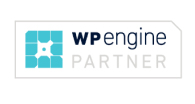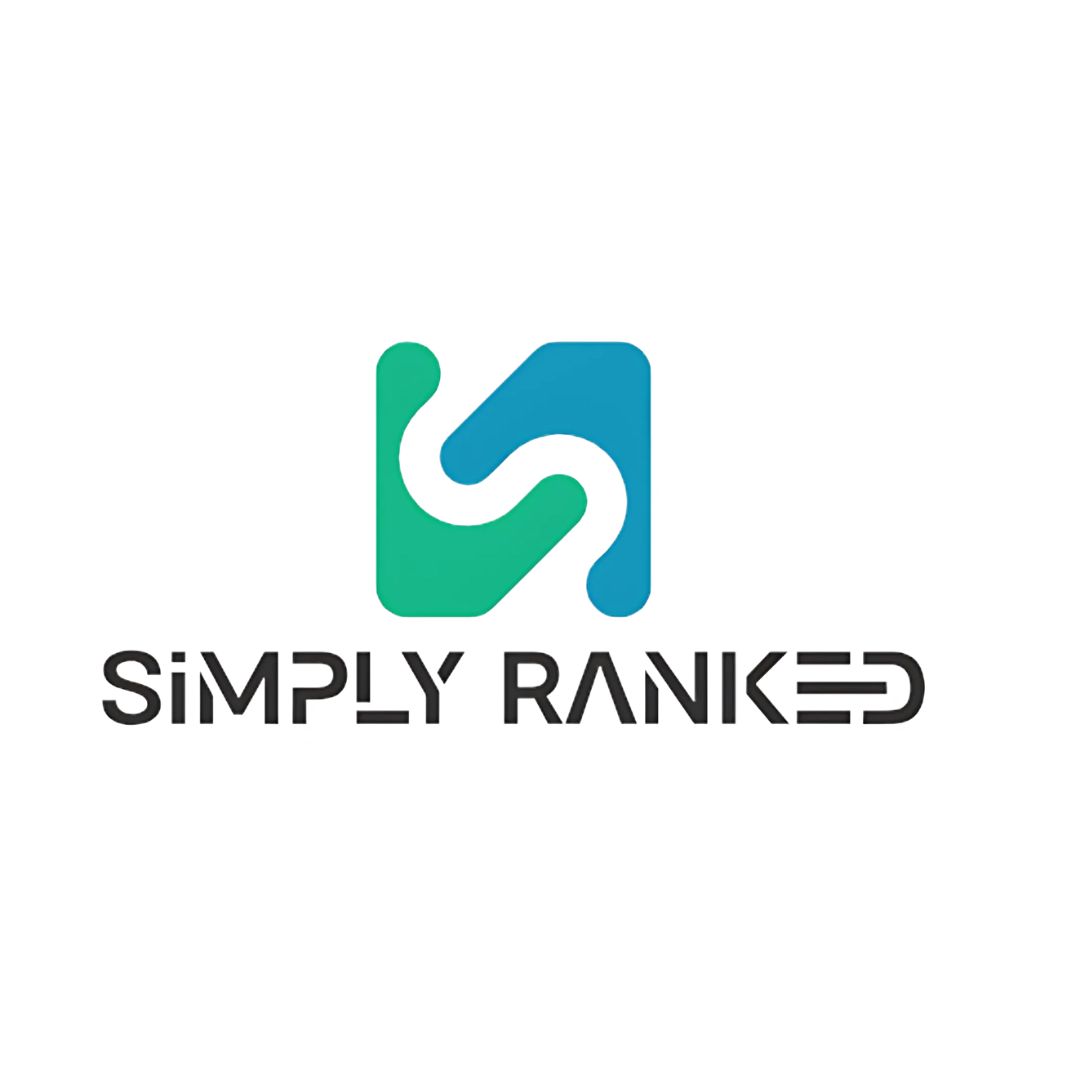A digital marketing agency with unrealistic expectations.
Our Goal is
for You to
FIRE US
in 6 Months.
It’s simple: We want you to be so absurdly thrilled with how much business you bring on that you can say arrivederci.





Welcome
Advanced Marketing Solutions for Your Small Law Firm
Empowering Law Firms, Driving Results: SimplyRanked partners with small law firms to revolutionize their marketing with innovative strategies and expert solutions.
With customized approaches designed for legal professionals, SimplyRanked leverages cutting-edge SEO, PPC, and conversion rate optimization to help you attract more leads and sign new clients—all while minimizing your acquisition costs.
How We Can HelpA Full Service Agency
We Deliver Results That Matter for Law Firms
SimplyRanked goes beyond generic marketing techniques. We craft bespoke strategies tailored specifically to the needs of small law firms, helping you stand out in a competitive legal market.
- SEO for Attorneys: Dominate local search rankings and drive consistent leads to your practice.
- Pay-Per-Click Campaigns: Attract high-quality clients and reduce your cost per signed client.
- Conversion Rate Optimization: Turn casual website visitors into paying clients with targeted optimizations and data-driven insights.
Some of our strategic partners






Client Testimonials
Showcase powerful testimonials from industry leaders
Joshua has been very helpful in helping my firm plan for the best and most strategic type of marketing to get the most exposure with the changing technology available today. Joshua is very professional, responds to messages and emails timely, and always delivers what he promises. He always goes the extra mile to deliver the product and marketing services to my firm. I would recommend anyone needing marketing assistance for their business to contact Joshua.
Josh is great! He’s accessible, responsive and is incredibly knowledgeable. He’s always around to help me no matter how mundane my issue or stupid my question. I always enjoy meeting with him, and I’ve seen incredible results from his work. Cannot recommend Josh Corbelli enough.
Pretium lorem primis lectus donec tortor fusce morbi risus. Semper blandit nibh aliquam metus morbi cras magna risus. Dapibus praesent magnis eros etiam congue gravida magna.

We have previously been burned by so-called “consultants” and high-priced agencies, and that’s why it’s so refreshing to work with Josh. He’s more knowledgeable than anybody we’ve met, is not afraid to have difficult conversations with us, and is always mindful of achieving our goals while staying within our budget. As a business owner, it’s often hard to trust somebody to help grow your business and Josh continues to prove his worth time and again.
I have enjoyed working with Josh on my firm’s marketing. He has offered me a lot of options, and always explained things fully. He has also been really helpful in making sure I get the most out of the marketing we used. Thank you Josh.

Latest Posts
Transforming Your Law Firm’s Marketing with SimplyRanked
Tired of outdated marketing strategies that waste your budget? Choose SimplyRanked for innovative, proven solutions designed specifically for small law firms like yours.
Fill out the quick form on our website to schedule a consultation today—and take the first step toward growing your legal practice.
👉 See If SimplyRanked is Right for You

